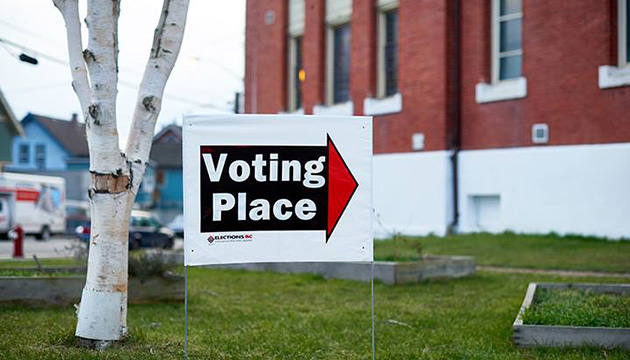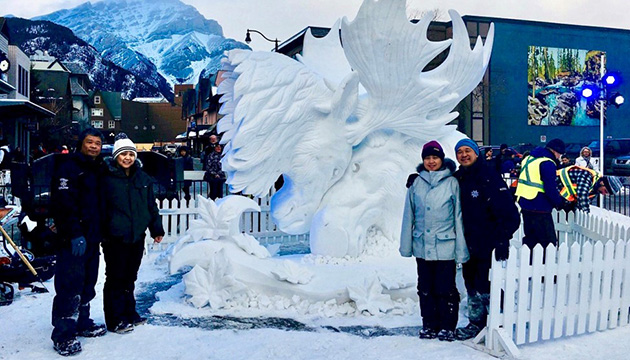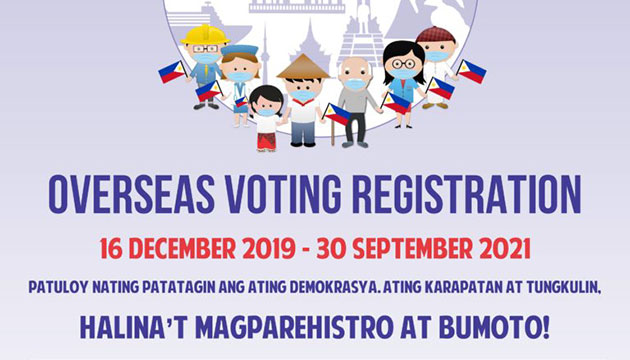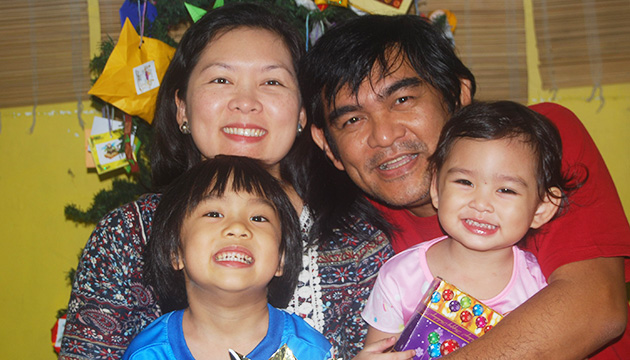February 1, 2024 — The Philippines and Canada are boosting their defense partnership with a new memorandum of understanding (MOU) that could potentially see greater cooperation between their military forces.
The agreement was signed by Gilbert Teodoro Jr., Secretary of National Defense of the Philippines, and David Bruce Hartman, Canadian ambassador to the Philippines, on January 19, 2024.
The event took place in Quezon City at Camp Aguinaldo, home of the Armed Forces of the Philippines (AFP).
"I'm glad to hear that there is a strong intention on both sides to deepen and strengthen the relationships by forging new milestones in our defence relations to culminate, perhaps, with the Visiting Forces Agreement [VFA]," Teodoro said in a statement.
The Philippines has an existing VFA with the U.S., which governs visiting military and civilian
personnel temporarily present in the United States and the Philippines.
It’s not yet known how a VFA between the Philippines and Canada would look like.
Multiple media reports note that the MOU, as the Philippine defense department described, would energize cooperation between the defence and military establishments of both countries.
Cooperation would cover areas such as military education, training exchanges, information sharing, peacekeeping operations, and disaster response.
"The strongest assets we have are the mutual trust and confidence that we have in one another...and because we are dealing with each other in a straightforward, open, and on a rules-based manner, such trust is reinforced and will surpass political changes and the tests of time," Teodoro added.
The signing of the MOU comes as the Philippines and Canada celebrate in 2024 the 75th anniversary of the establishment of diplomatic relations between the two countries.
The agreement also follows in the wake of several confrontations between Philippine and Chinese ships in the disputed South China Sea.
Canada has supported the Philippines in the face of the growing assertiveness by the People’s Republic of China (PRC) in the disputed waters.
Canada backs a 2016 ruling by the Permanent Court of Arbitration that said China's claims in the South China Sea had no legal basis, a finding China rejects.
The signing of the defence MOU also follows the signing in October of an arrangement between the Philippines and Canada for the use by the Philippines of Canada’s Dark Vessel Detection (DVD) system.
The system is designed to find vessels that have switched off their location transmitters to evade detection.
On December 12, 2023, Global Affairs Canada issued a statement condemning actions taken by PRC days earlier in the South China Sea.
“These incidents are the latest in an increasingly worrisome pattern of acts of intimidation by the PRC in the South China Sea,” the statement read.
As well, “The PRC’s actions demonstrate a clear disregard for navigational rights and freedoms and are inconsistent with its obligations under international law, including the United Nations Convention on the Law of the Sea (UNCLOS). Canada reiterates that the 2016 ruling of the UNCLOS arbitral tribunal in the matter of the South China Sea is binding on the parties.
For its part, China condemned Canada's support for Philippines.
"The South China Sea is the common home of countries in the region and should not become a hunting ground for Canada, the United States and other countries to pursue their geopolitical interests," asserted a statement on December 13 by the Chinese embassy in Canada.
"As a country outside the region, Canada has emboldened the Philippines' violation of China's sovereignty, violated the purposes and principles of the U.N. Charter, and jeopardised regional peace and stability," the Chinese embassy statement also noted.
Meanwhile, China’s Foreign Ministry denounced Philippine President Ferdinand Marcos Jr. for congratulating Lai Ching-te, winner of Taiwan’s presidential election on January 13, 2024.
Ministry spokesperson Mao Ning said in media reports that Marcos’s remarks “seriously violated the political commitments made by the Philippines to China and rudely interfered in China’s internal affairs”.
China claims Taiwan as part of its territory. The Philippines recognizes the PRC under its one-China policy.
“We would like to sternly tell the Philippines not to play with fire on the Taiwan issue ... (and) immediately stop making wrong words and deeds on Taiwan-related issues, and stop sending any wrong signals to Taiwan independence and separatist forces,” Mao said.
Marcos Jr. congratulated Taiwan's president-elect Lai on January 15, saying in a statement that he was looking “forward to close collaboration” and “strengthening mutual interests”.
Lai has pledged to protect Taiwan’s de-facto independence from China.













